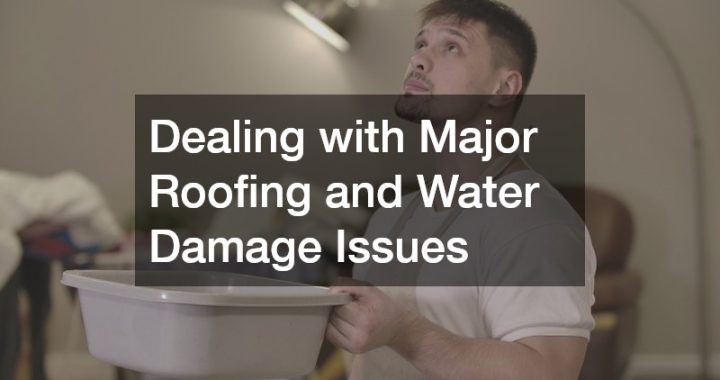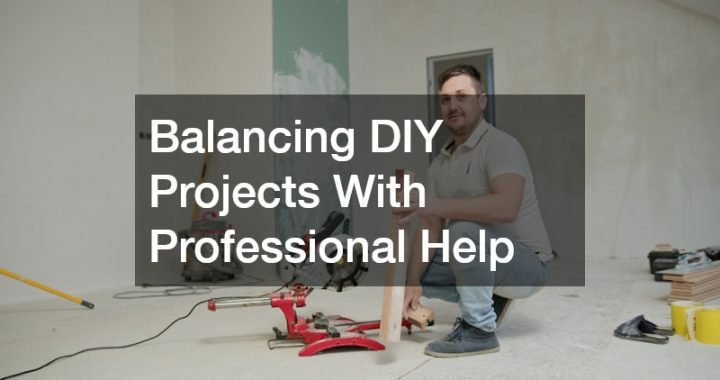Spray Foam Insulation What You Need to Know

Spray foam insulation offers various benefits for homeowners seeking energy efficiency and comfort. It is a versatile insulation material that expands upon application, filling gaps and sealing cracks in walls, ceilings, and floors. Due to its high R-value and air-sealing properties, spray foam insulation can help lessen energy bills and improve indoor air quality.
Before installing, it’s essential to assess your home’s insulation needs and consult with a qualified contractor. Proper installation is important for maximizing the effectiveness and longevity of the insulation, so be sure to hire an experienced professional with the necessary equipment and training. Additionally, consider factors such as climate, building codes, and safety precautions when planning your insulation project.
The insulation can be applied to various surfaces, including wood, concrete, metal, and masonry, making it a good choice for new and retrofit projects. It adheres tightly to surfaces, creating a seamless barrier against air infiltration and also moisture intrusion. However, it’s important to note that improper installation or inadequate ventilation can lead to off-gassing chemicals and moisture buildup.
One of the key advantages of spray polyurethane foam insulation is its ability to deliver superior thermal performance compared to traditional insulation materials. Its seamless application eliminates gaps and drafts, resulting in more consistent indoor temperatures and improved comfort year-round. Additionally, spray polyurethane foam insulation can help minimize noise transmission, helping create a quieter and more peaceful indoor environment.
.

 3 Warning Signs Your Windows Need Replaced
3 Warning Signs Your Windows Need Replaced  Dealing with Major Roofing and Water Damage Issues
Dealing with Major Roofing and Water Damage Issues  How to Choose the Right Home Remodeling Services for Your Project
How to Choose the Right Home Remodeling Services for Your Project  10 Ways Remodeling Improves Energy Efficiency and Comfort
10 Ways Remodeling Improves Energy Efficiency and Comfort  Most Common Causes of Roof Repair
Most Common Causes of Roof Repair  Affordable Skylight Services to Brighten Your Home Naturally
Affordable Skylight Services to Brighten Your Home Naturally  Balancing DIY Projects With Professional Help
Balancing DIY Projects With Professional Help  5 High Ceiling Accent Wall Ideas for a Modern Minimalist Living Room
5 High Ceiling Accent Wall Ideas for a Modern Minimalist Living Room